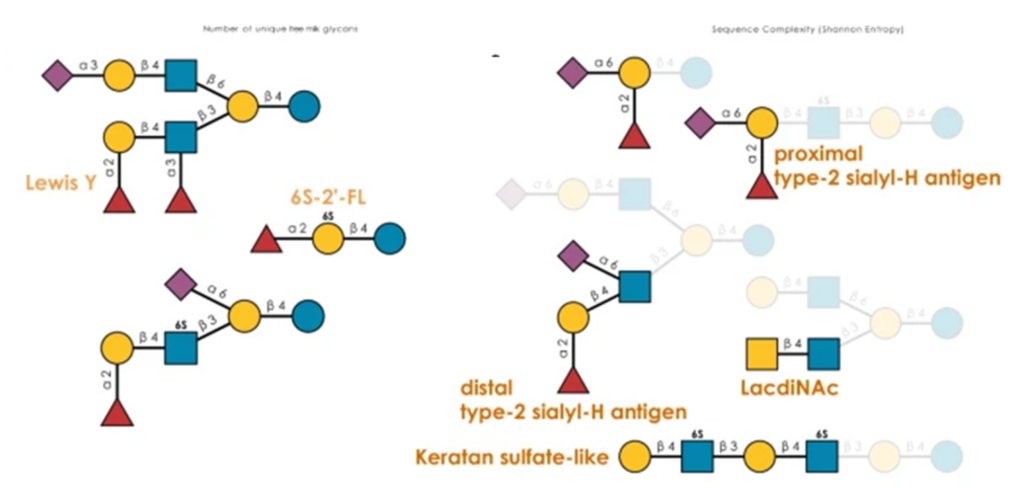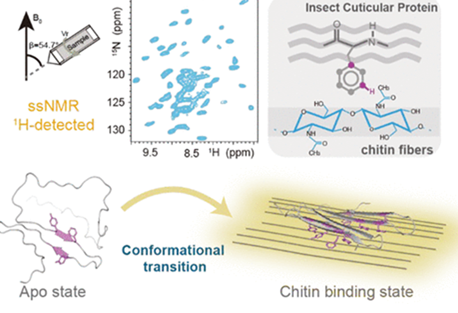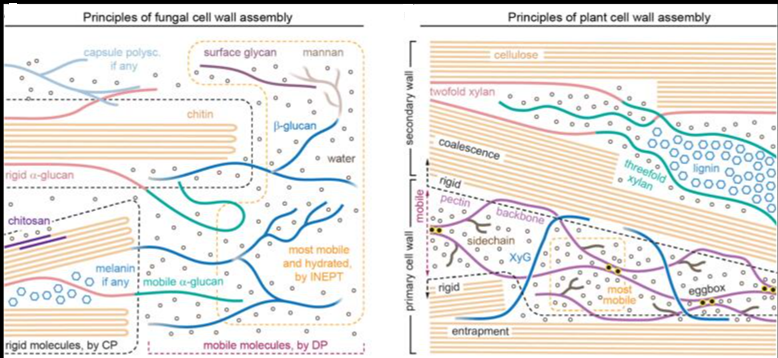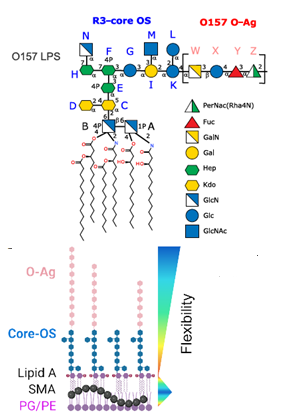Algae play an important ecological role as oxygen producers and carbon sequesters and are the food base for all aquatic life. Algae are economically important as a source of crude oil, food and feed, and pharmaceutical and industrial products. High-value and sustainable products from algae are already economically viable and can be a fundamental driver for fuel production.

Algae in the Bioeconomy provides a detailed overview of the chemical composition of algae and shows that an integrated biorefinery approach is necessary for large-scale algae production and conversion, where multiple products are produced. This book serves as a unique compendium of knowledge covering the essential features of algae and their applications.
- Discusses the structural chemistry and biology of micro- and macroalgal
- components
- Describes classification, occurrence, conversion, and production of micro- and macroalgae
- Offers strategies for optimal use of micro- and macroalgae in the bioeconomy, including regional strategies in the EU, US, China, India, Malaysia, Norway, and Chile
- Features forewords from international experts offering both a scientific and an economic/strategic viewpoint
- This book is intended for an interdisciplinary audience in chemical engineering, biotechnology, and environmental science and engineering, promoting research, development, and application of algae as a sustainable resource.




